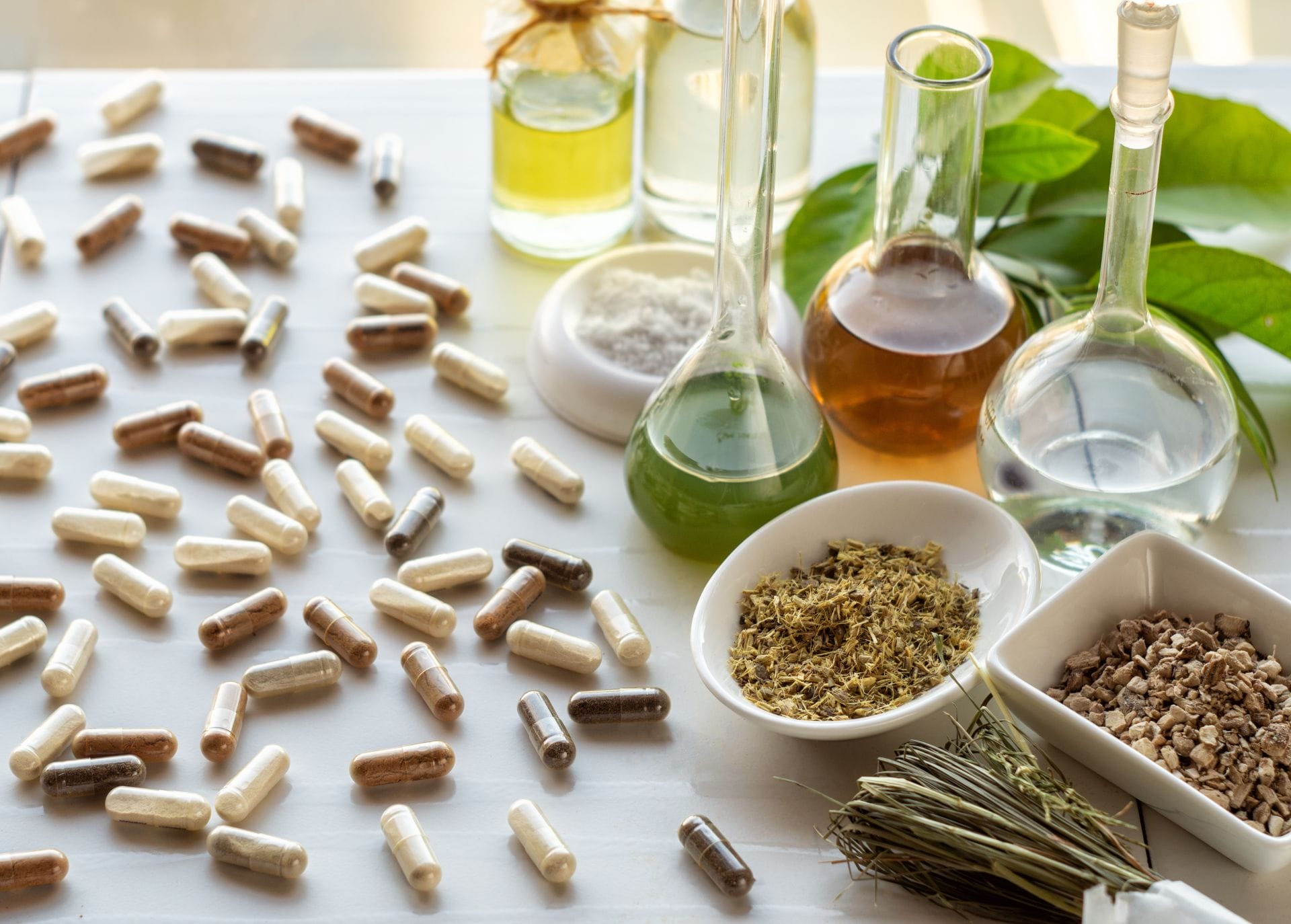If you are going to get back to a healthy state after recovering from Covid-19, it is critical that you regain muscle and strength as well as give your body the nutrients it requires to keep your immune system effective.
To enhance your quality of life, it is essential to combine physical rehabilitation with dietary rehabilitation.
Your body expended all of its energy fighting the infection while you were in the hospital. This struggle, along with bed rest, resulted in muscle loss.
It is important to rebuild right away, and the rebuilding process might take a long period. However, it needs constant care.
This article outlines nutritional action measures you can follow to regain your strength and return to everyday activities.
Several nutrition research studies primarily analyzing baseline nutritional state and therapeutic dose levels were released last year.
The results are hardly a surprise to natural products insiders, including supplement manufacturers.
Because people are demanding for supplements to boost their immunity and overall well-being, supplement manufacturers can boost their OEM dietary supplements with these evidence-based vitamins and minerals.
Vitamin D
Vitamin D may be able to prevent, cure, and treat COVID-19, also known as SARS-CoV.
At this time, it is undeniably true that vitamin D consumption leads to better results, and that greater baseline blood levels of vitamin D contribute to better outcomes.
In one research, 82.2% of COVID patients admitted to the hospital had a vitamin D insufficiency (defined as blood levels less than 20 ng/ml). As a result, you must take Vitamin D supplements during rehab.
Vitamin D guidelines are given in either IU (International Units) or mcg (milligrams) (micrograms).
The RDA for Vitamin D is 600 IU (15 mcg) for people aged 1 to 70, and 800 IU (15 mcg) for people aged 71 and up. Another study, though, suggests that we may require more.
Vitamin C
Vitamin C is also deserving of a place on the list of vitamins that should be included in any post-COVID formulation. The catch is that all of the studies that show promise use ultra-high-dose intravenous vitamin C.
Due to the impact on your body, while you rebuild strength and muscle, there is some evidence to recommend taking 200-500 mg of Vitamin C per day from food (or supplement) to guarantee your tissues are saturated with the health benefits of Vitamin C.
This quantity is certainly safe. However, taking supplementary vitamin C in levels more than 1000 mg (or 1g) reduces the absorption and may induce gastrointestinal discomfort, such as diarrhoea, nausea, stomach cramps, etc.
Zinc
Another element required for a healthy immune system is zinc. Zinc deficiency is frequently noticeable in severely sick Covid-19 patients, and it can lead to a loss of sense of smell and taste, which is a common sign of COVID-19.
In addition, if you are zinc deficient, you are more susceptible to other illnesses.
Too much zinc, on the other hand, can impair immune function, cause a copper deficiency, lower HDL (‘good”) cholesterol, and reduce the efficacy of certain medications, such as antibiotics.
Its anti-Covid-19 effectiveness is comparable to that of vitamin D and vitamin C.
A standard multivitamin/mineral supplement will supply 5-10 mg, therefore if you are seeking to guarantee proper consumption in addition to meals, a multivitamin-mineral supplement would suffice.
If you are zinc deficient, a daily zinc supplement of 20 mg-40 mg for two weeks may be recommended.
Protein
Patients with COVID-19 who are admitted to the hospital may already be suffering from protein-calorie malnutrition.
One COVID-19 consequence is cytokine storm, a hyper-inflammatory reaction characterized by the over-release of cytokines that frequently culminates in multi-organ failure and death.
Prolonged stays in the ICU, particularly those lasting more than two weeks, are also likely to exacerbate muscle catabolism.
Physical and mental deficits may occur as a result of prolonged stay in the ICU, influencing patients’ long-term outcomes.
As a result, providing adequate protein during rehabilitation, in conjunction with other nutritional interventions and physical activity, may help to limit such impairments and enhance muscle anabolism.
Aside from anti-inflammatory and antiviral medications, amino acids can help to reduce cytokine release and hence overall mortality.
Protein is necessary to prevent muscle mass and function loss that occurs as a result of the catabolic reactions of COVID-19 and other inflammatory illnesses, in addition to moderating the immunological response.
Omega-3 fatty acids
Omega-3 fatty acids (Omega 3’s) may aid in the reduction of excessive inflammation.
As you heal, your body may experience severe inflammation as a result of combating this illness, therefore ingesting food-based sources or dietary supplements of omega 3’s may be beneficial.
EPA and DHA are typically found as dietary supplements in fish, krill, or algal oils.
While research on optimal dosage varies, several studies recommend not exceeding 3 grams of EPA and DHA combined per day (max 2 grams from supplements; 1 g EPA + 1 g DHA) without the supervision of a physician, as higher doses may cause bleeding problems (especially if you take an anticoagulant) and possibly suppress the immune system.
In a Nutshell
You will be on your path to better health if you use these dietary rehabilitation supplements with your physical rehabilitation requirements.
Also, these are basic nutrition suggestions to assist you in continuing to recover; they should not be used to overrule or replace the advice of your healthcare professional.

